
Buying your first commercial property is exciting – it marks the start of a new venture, full of lucrative possibility. However, the high costs and risk involved also make the process quite daunting, especially when you’re just getting started. To get you on your way, Dakota Murphey has answered a few of the most common questions beginners ask when trying to get into the commercial property market.
What is the difference between freehold and leasehold?
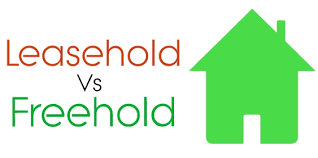
Freehold gives you full ownership of the property, including the land, the airspace above it and any buildings that are on it. A freehold is not subject to any time constraints, but there may be other limitations, such as access rights for third parties.
Leasehold properties are subject to conditions set out in a time-limited contract, between the land owner and the tenant. Lease terms are especially varied between property types – modern commercial lease terms are typically 8 years, but they can last up to 999 years. If you are taking on a leasehold property, an extension may be offered as part of the deal.
What is Stamp Duty Land Tax (SDLT)?
SDLT is charged on every property transaction over a certain price in England, Wales and Northern Ireland. For commercial purchases, the tax is applied to any leasehold or freehold sale over the value of £150,000, and increases when certain price brackets are met. The value includes all forms of payment, including any good, debt transfers or services you are including in the deal. The government has a useful SDLT calculator that you can use to work out how much SDLT you will need to pay for a certain property.
What are business rates?
Business rates are essentially council tax for any non-residential premises. They apply to all shops, offices, warehouses, hotels, pubs etc., and will need to be paid by the occupant regardless of whether they have freehold or leasehold of the property. They are calculated based on the “rateable value” of the property, and billed in February or March each year. Queries about valuations, tax relief for small businesses or any other matter relating to your business rates should be directed to your local council, who can advise.
Who should I consult before I invest in commercial property?
Start with a property agent. Registering with a commercial agent will keep you informed of any new and upcoming sales in the local area. When you’re ready to buy, an agent will be able to negotiate the key terms of the deal, which your solicitors will later be able to work from.

You should also instruct a commercial surveyor, like Bradley Mason, to inspect the condition of the property before you buy. Sellers have no obligation to disclose any unseen structural issues or defects, so commissioning a Property Condition Assessment (PCA) from will prevent any unpleasant (or expensive) surprises once you’ve got the keys.
A valuer is often involved in commercial property transactions, although usually employed by the seller or your finance provider. Their expertise allows them to give a professional estimate of what a property is worth, useful for setting an asking price or to approve loan security. A valuer can be used by buyers to better understand current market rates, as a guide to knowing what to pay for a particular property.
What checks are needed for a commercial property?
A physical survey is highly recommended, and should be conducted as early into the proceedings as possible. You will also need to have due diligence checks conducted, to ensure the seller has the right to sell you the property, and whether there are any restrictions – like third-party agreements – in place.
A solicitor will investigate the title of the land, and liaise with local authorities to determine any issues with planning permission, utility services, access roads etc. They will also enquire about any disputes that you should be aware of before taking ownership.
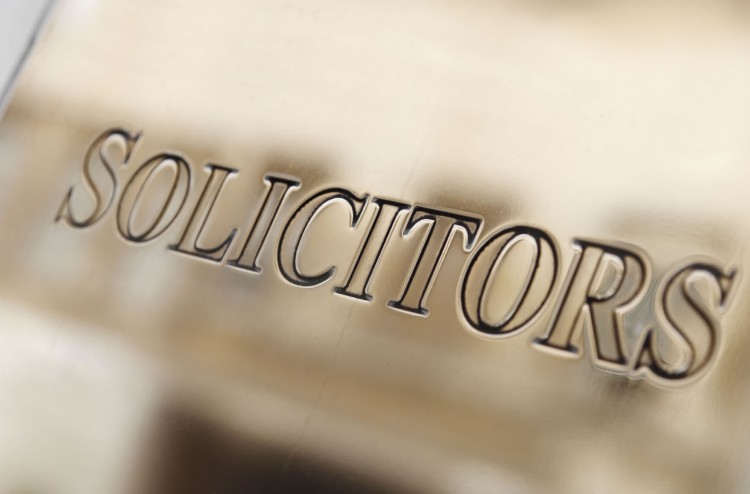
Once you own the property, you will also be liable for any environmental concerns associated with it, even if they were present prior to purchase. A desktop environmental survey is therefore advised, followed by a full study by an environmental consultant if required.
What should I budget for?
There are numerous costs involved with buying a commercial property. Firstly, for freehold purchases you will need to have a deposit prepared of 5-10% of the sale price. You should also factor in agent fees (1-2% of sale price plus VAT) and the cost of your surveys (also 1-2% plus VAT).
Legal fees will amount to another percentage of the sale price, but the exact figure will depend on your agreement. Searches will be charged separately, and will vary according to what is necessary.
Include your registration fees (up to £920), and Stamp Duty Land Tax (SDLT), which will depend on the price of the property. Also budget for any costs associated with securing your loan, such as an arrangement fee, and your bank’s valuers and lawyers.
This list is by no means exhaustive, and if you have particular questions about your transaction it’s best to contact your local authorities for guidance.
Are you looking to buy property in UK ? Hurghada , Scotland , Istanbul , Sahl Hasheesh , Dubai
Are you looking to rent property in UK ? London , Manchester , Reading , Leeds , Cardiff

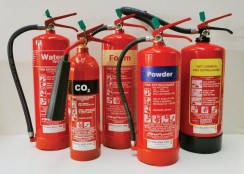
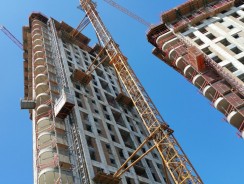
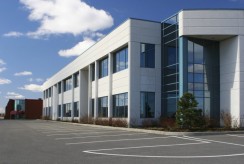
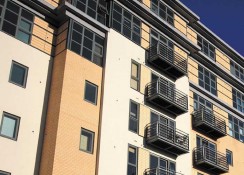






Author
Dakota Murphey
Dakota Murphey is an independent writer specialising in property law.